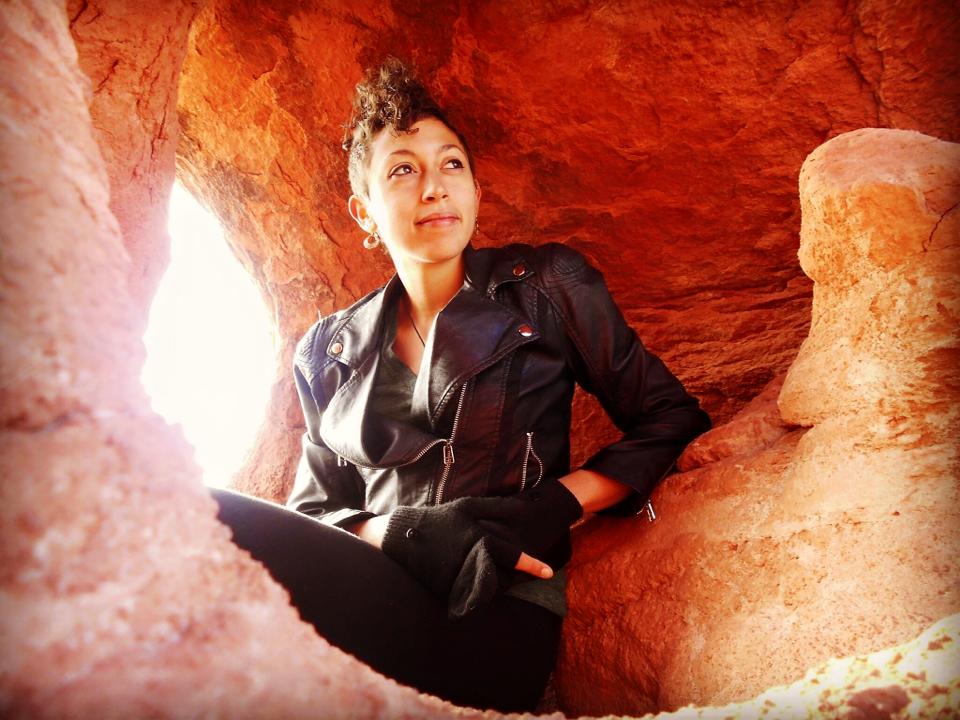Christine is awarded an NSF graduate fellowship! Congrats to her!
 Wednesday, March 30, 2016 at 6:27PM
Wednesday, March 30, 2016 at 6:27PM  Our own Christine Wilkinson has been awarded the NSF graduate fellowships for her proposal to examine human-wildlife conflict in Africa. Over the past several years, she has been working in various regions of East Africa on wildlife behavioral ecology, human-wildlife conflict issues, and paths to community empowerment and advocacy in the face of conflict. As a PhD student at Cal, she is excited to work with the GIF to apply detailed spatial analyses to these issues. Here is some background to her proposal:
Our own Christine Wilkinson has been awarded the NSF graduate fellowships for her proposal to examine human-wildlife conflict in Africa. Over the past several years, she has been working in various regions of East Africa on wildlife behavioral ecology, human-wildlife conflict issues, and paths to community empowerment and advocacy in the face of conflict. As a PhD student at Cal, she is excited to work with the GIF to apply detailed spatial analyses to these issues. Here is some background to her proposal:
NSF GRFP Research Background and Questions
Farmers and pastoralists densely populate several key wildlife dispersal areas within the Amboseli-Tsavo ecosystem of southern Kenya, resulting in consistent human-wildlife conflict. Protected areas are often not able to support wildlife without surrounding unprotected dispersal areas, where wildlife may spend up to 70% of their time. Communities living in the Amboseli-Tsavo dispersal area must cope with a government that largely prioritizes wildlife, which generate national revenue through tourism, over people's livelihoods and basic human rights in human-wildlife conflict situations. This dynamic, along with the absence of community involvement, has led to negative action against wildlife, and resentment of conservation efforts. Mapping landscape permeability for key human-wildlife conflict mammals, instances of human-wildlife conflict, and human resource use, while maintaining constant flows of information to and from stakeholders, is crucial for determining how human-wildlife conflict- impacted wildlife may thrive in this fragmented landscape. Additionally, the recent, rapidly increasing widespread land-use transition from pastoralism to agriculture is projected to exacerbate human-wildlife conflict in this area. My study will therefore explore the following questions: 1) To what extent and severity are pastoralists and agriculturalists experiencing human-wildlife conflict in the Amboseli-Tsavo dispersal corridor? 2) What are seasonal areas of critical resource use for humans and human-wildlife conflict mammals in this area, and how do these uses contribute to human-wildlife conflict?

